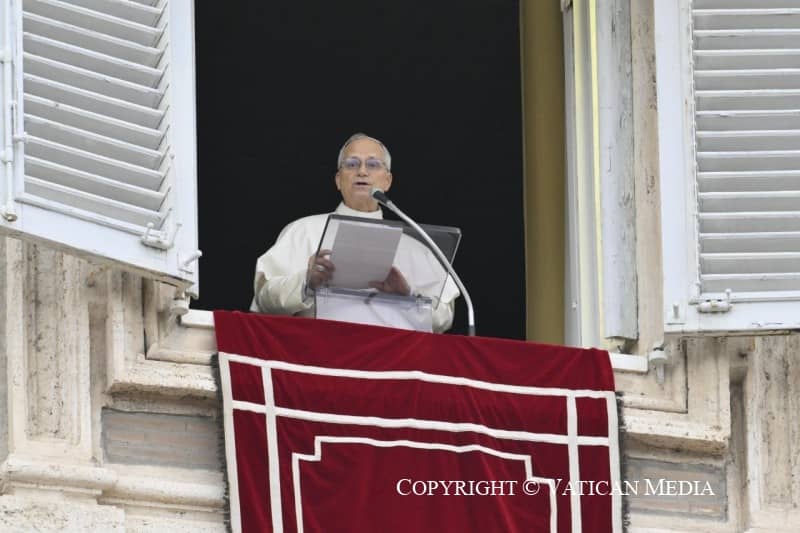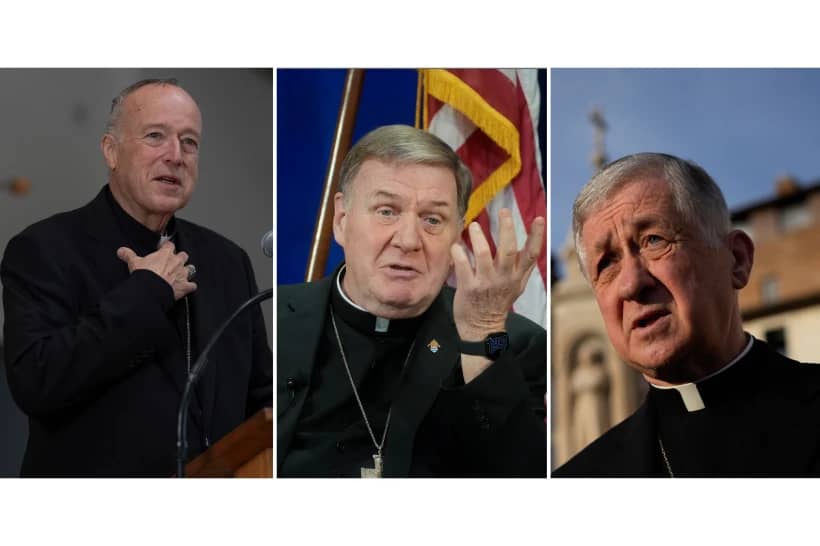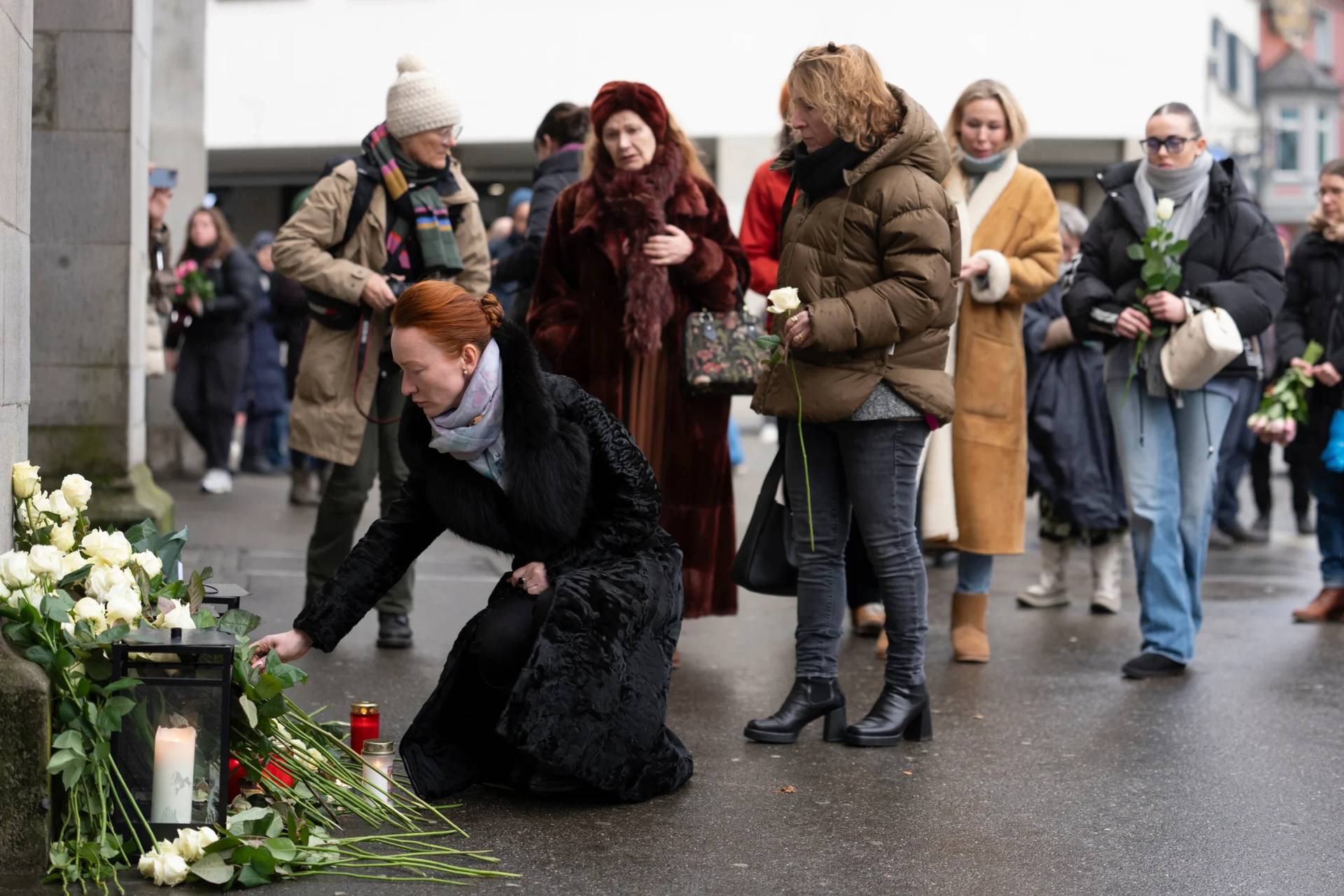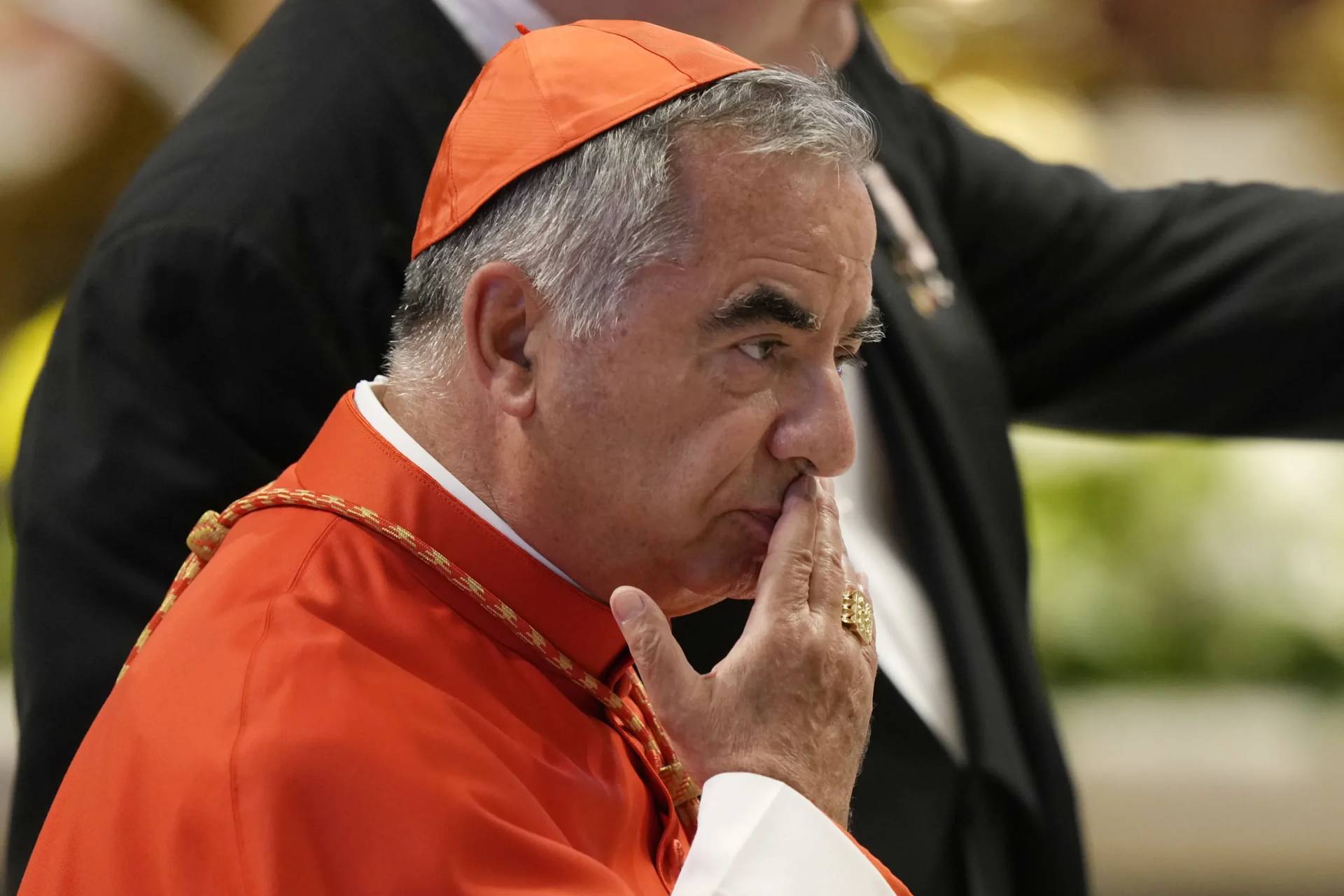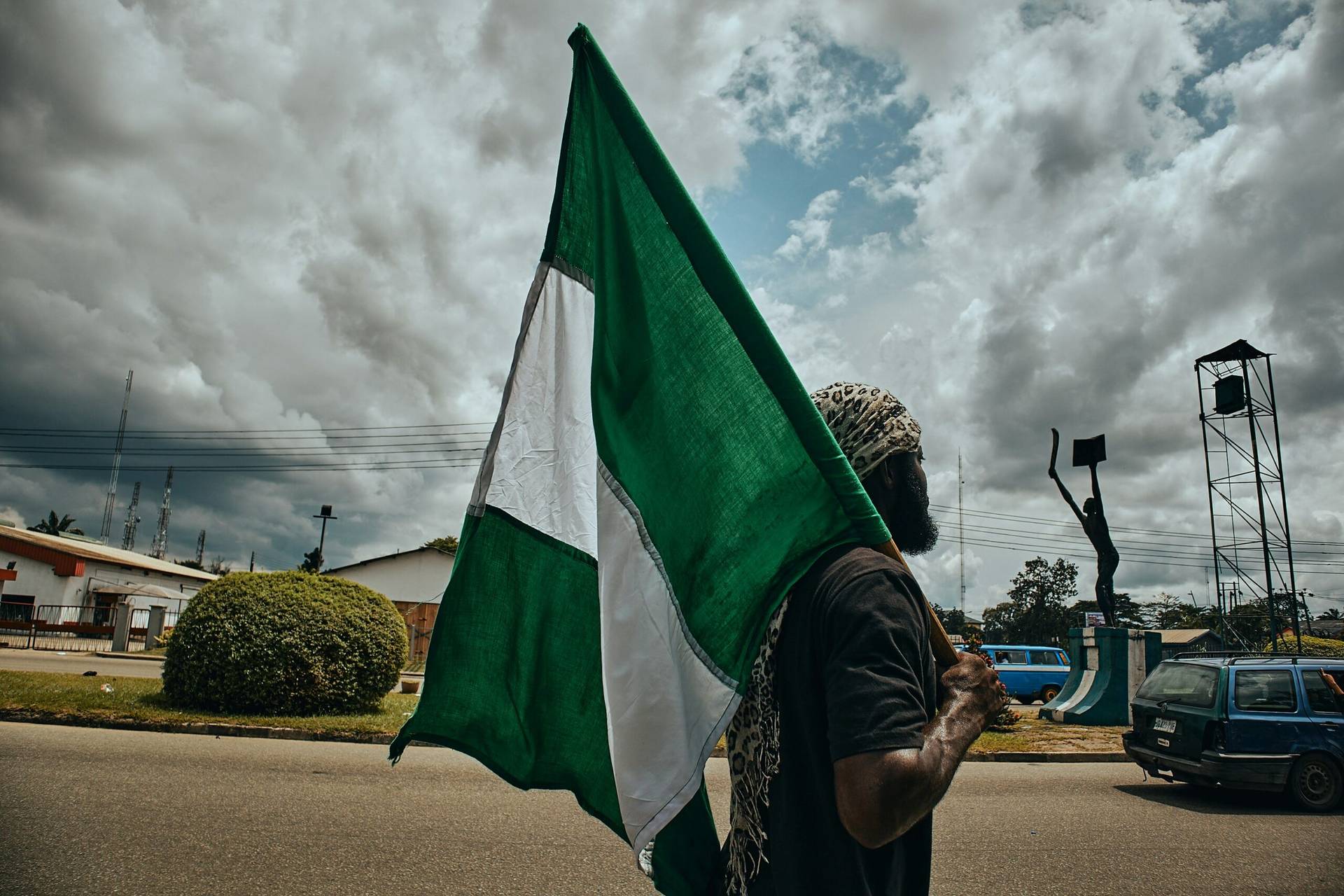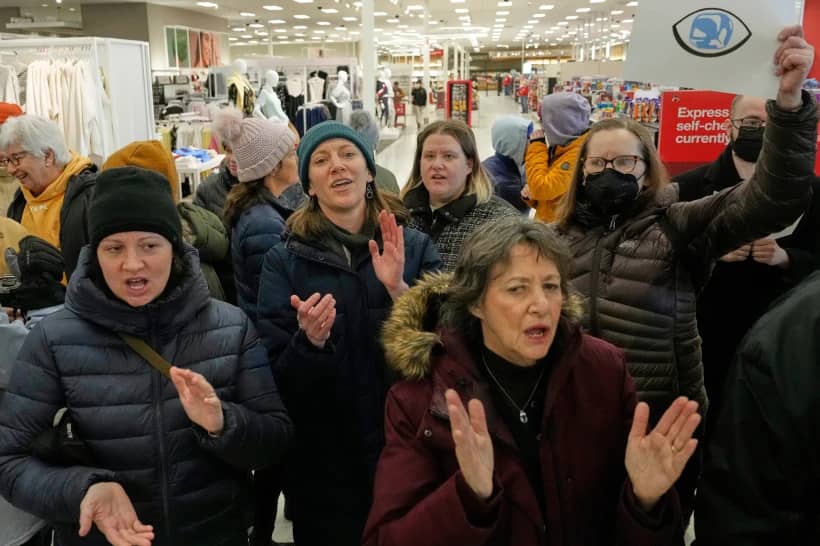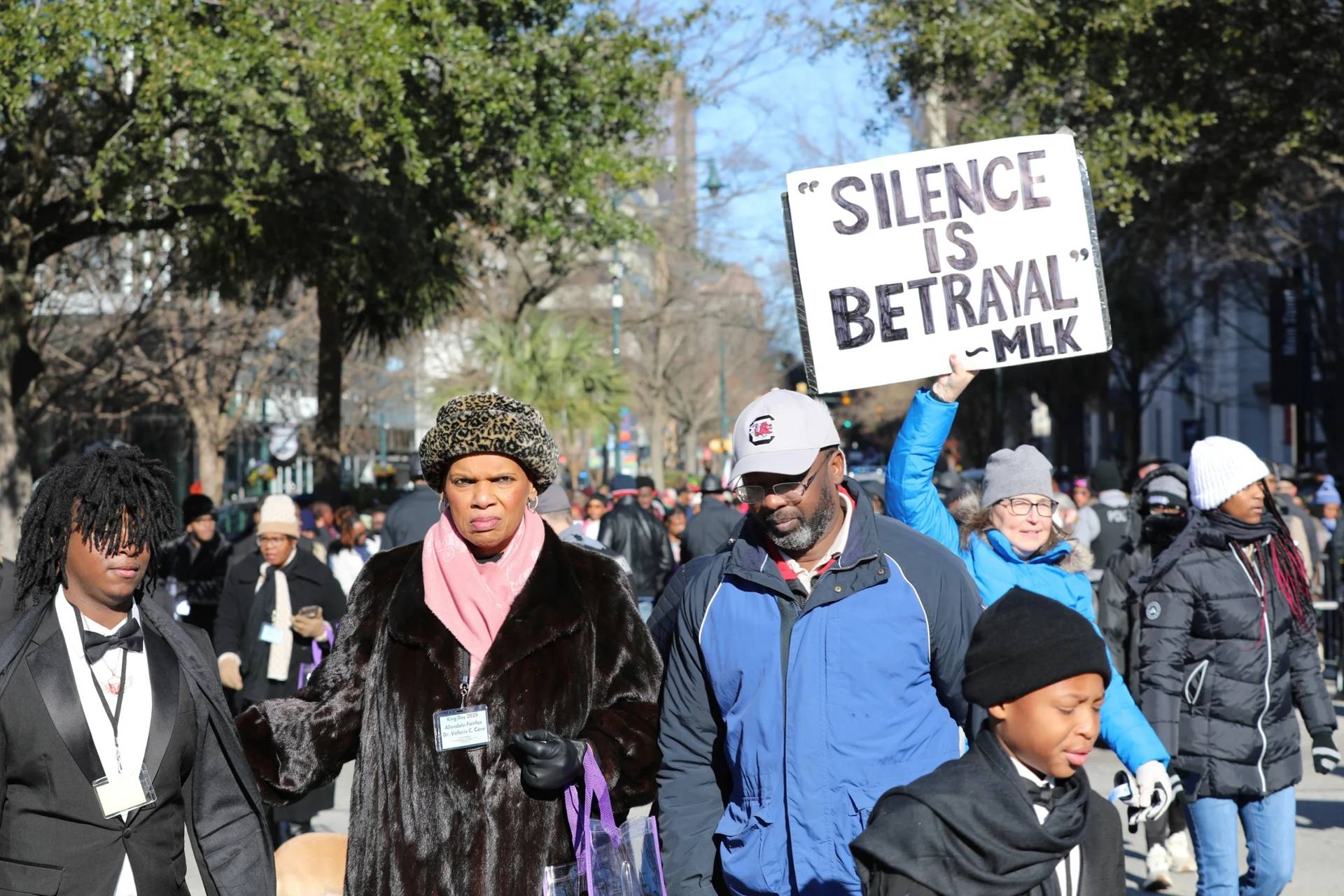ROME – Pope Francis is legendarily a pope of the peripheries, and judging by his comments to the superiors of a major Catholic religious order on Tuesday, he doesn’t want his personal passion for people on the margins to begin and end with the papacy.
In a surprise visit on May 2, the pope spoke with a group of Salesian novices in the Domus Sanctae Martae, the residence on Vatican grounds where he lives, saying that the best priests should be sent to the peripheries.
“Choose well who you send to the peripheries, especially the most dangerous ones,” the pope told the superiors of the order who were present. “The best must go there! ‘But this one can study, get a Phd…’ No, send him. ‘But the Mafia is there.’ Send him. In the peripheries we must send the best!”
The meeting was not in the official papal agenda, but thanks to a “Facebook live” video (available here in Italian) made by one of the people present, the world had an opportunity to hear the pope’s advice to young priests.
“When I saw this request, I said, ‘The Salesians? Let them come!’” the pope started out. “I don’t know what to say to you, better if you ask some questions so I can get inspired and I won’t say something stupid,” he added jokingly.
The Salesians are a religious order founded in the late 19th century by an Italian priest who’s now a saint, John Bosco, with the mission of helping poor children during the industrial revolution. Today they’re the second largest religious order in the Catholic Church after the Jesuits, with some 16,000 professed members worldwide.
The pope’s informal conversation with the Salesians, interrupted by a few questions, lasted for about 50 minutes. It began with an introduction by Father Guido Enrico, who is in charge of formation for the Salesians in Italy. Enrico pointed to the diversity within the group of novices who hail from Albania, Malta, Croatia and even Syria.
Pope Francis spoke about his youth spent at Salesian schools, to which he attributes his love for the Virgin Mary. In 2015, the pope had confirmed this special relationship by visiting the Salesians at the Basilica of Santa Maria Ausiliatrice in Turin in Italy.
Giorgio from Turin was the first to speak up, and asked a question on holiness. After a brief pause of reflection, the pope replied: “It’s very easy, holiness: ‘Walk in My presence and be blameless.’ That’s it. This is the best definition. Do you know who said it? God to Abraham.
“I believe that people can be saints even today. There are many, many, many in the Church. Heroic people, parents, grandparents, young people. The hidden saints, such as those who belong to the ‘middle class of holiness,’ that you can’t see, but it’s there.”
Once the ice had broken, Father Marcello asked another question concerning the difficult challenge of accompanying young people in vocational discernment.
“I think that the criteria is that… they be normal,” Pope Francis answered. “Beware of those youths with the face of a ‘little saint,’ to those I don’t even ask to recite the Our Father!”
They should be “joyous, athletic and normal,” the pope added.
“During the journey there are a lot of surprises from God and even not from God. We should be careful in trying to help them look these surprises in the face. If there are difficulties, look them straight in the face,” Pope Francis said. “And we must help them to remove any form of hypocrisy. That is a plague: hypocrisy within the Church.”
The pope did not only address the corruption within the Church, but also warned of the “hypocrisy of mediocrity, of those who wish to enter seminary because they feel that they are unable to handle themselves in the real world.
“If you find one who is too diplomatic, beware. If you find one who lies, invite him to go back home,” the pope said.
The pope remembered the importance of having a devotion to the Virgin Mary and asked those in charge of helping novices though their discernment to keep an eye on how they pray.
Prayer should be first of all “simple,” the pope said, like the first prayers “you learned at home or at first communion.”
Luigi from Salerno was the third to ask a question of the pontiff, who Francis interrupted to ask if he had brought any limoncello, a liquor made from lemons typical of the Salerno region. The crowd laughed and the young man blushed, but continued to ask about the pope’s personal experience as a novice.
“It was another time,” the pope said, “before the (Second Vatican) Council, and it was… rigid.
“At the time it worked, but today not anymore. But there are some small groups that would like to go back to that. If I had invited the novices of those groups, they would have showed up with their cassock… maybe even with the saturno!” (His reference was to a wide hat with a circular brim and a rounded crown, worn outdoors in some countries by Catholic clergy).
The pope was still speaking of the ‘old days’ when one of the most touching moments in the meeting took place. A young man, Michel from Syria, knelt in front of the pope and, after saying that he did not speak Italian very well, told him that “many young people send their hello” and wonder when the war will be over and if those who were killed for their faith are martyrs.
“They are martyrs. If they died for their Christian faith, they are martyrs,” the pope said, before blessing the young novice from the war-torn country. “There are more martyrs today than in the early days” of Christianity, the pope added.
For the next question, on how to address everyday challenges in the priesthood and in life, the pope went back to joking. “Like a man,” the pope said holding his fists together. “Just like your father and grandfather!
“The religious must be hot-blooded!”
The pope went on to say that this is not a time for words but for witnesses, and recalled the example of St. John Bosco, the founder of the Salesians, who approached young people on the streets and called them to Mass.
“When I speak of the peripheries I mean all peripheries, including those of the mind,” Pope Francis said returning to one of his favorite talking points. “Speaking to non-believers, agnostics, those are peripheries, uh! And then there are the ‘social’ peripheries of the poor….”
The pope called those present to approach young people and “teach them to help others and the human values of friendship, family and respect for the elderly.”
Concerning the elderly, Pope Francis stressed that we live in a time where it is essential for young people to serve as a “bridge” by speaking to their grandparents.
“We live in a throw-away society, and grandparents are thrown away,” the pope said. “Today everything that is unnecessary is thrown away, we live in a culture of ‘use and throw away,’ no?”
The pope also referred to many young people who are “thrown away” and lack employment.
But no need to despair, “young people have a lot of strength,” which needs to be balanced with the wisdom of their grandparents and the gap can be bridged through creativity, which allows one to “say the right thing at the right time.”
One final papal note on young people: “You must also leave them a little bit hungry so that later… they can come back with another question.”
The meeting concluded with a wrap-up by Father Enrico, recalling all the peripheries where the Salesians are actively involved. One particular case is that of Indian Father Tom Uzhunnalil, who was kidnapped in Yemen.
“We don’t know if he is alive or dead,” Enrico said.
Finally the pope joined the novices and Salesians in the Regina Coeli chant and blessed those present, asking that they pray for him.







